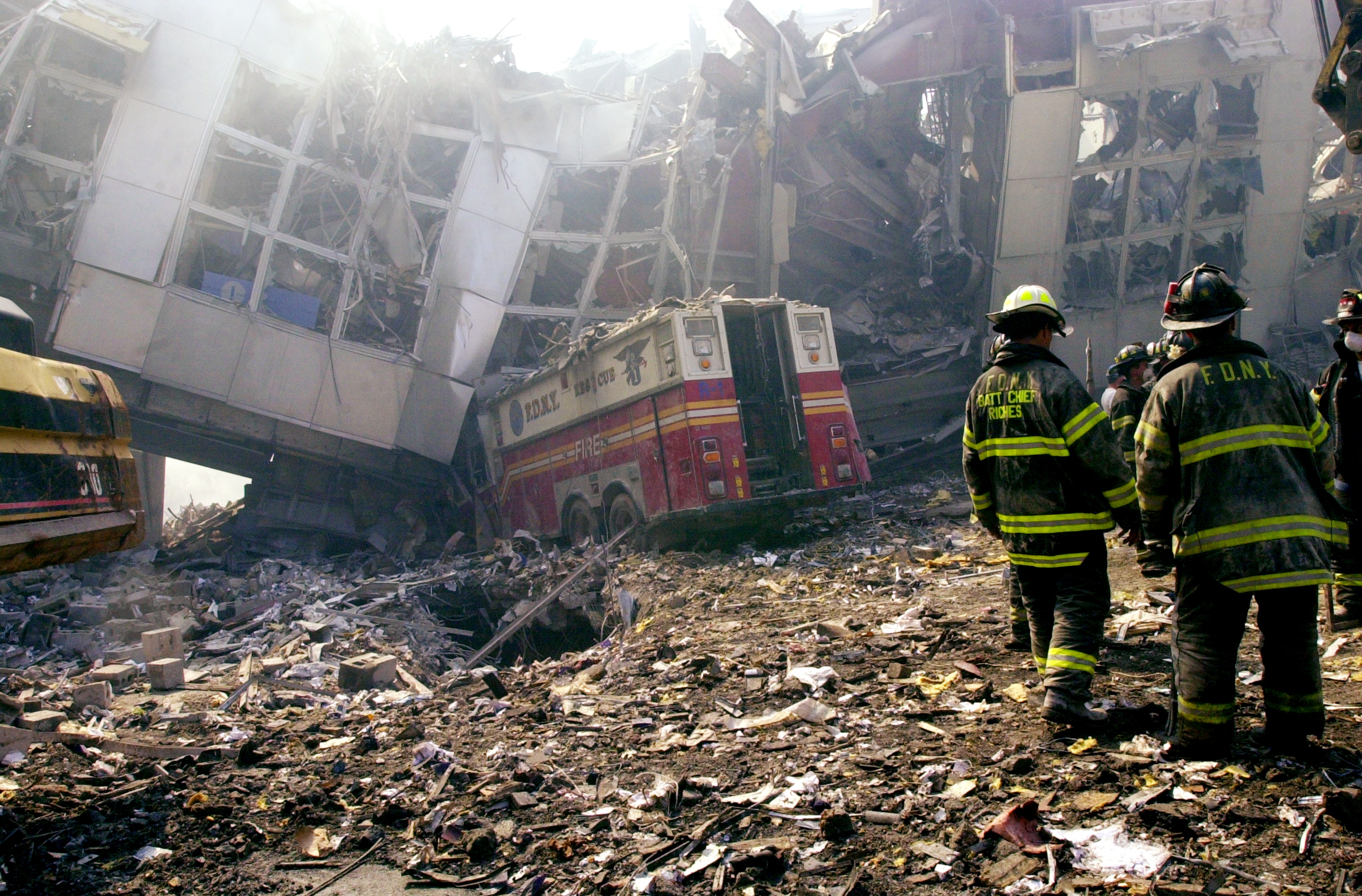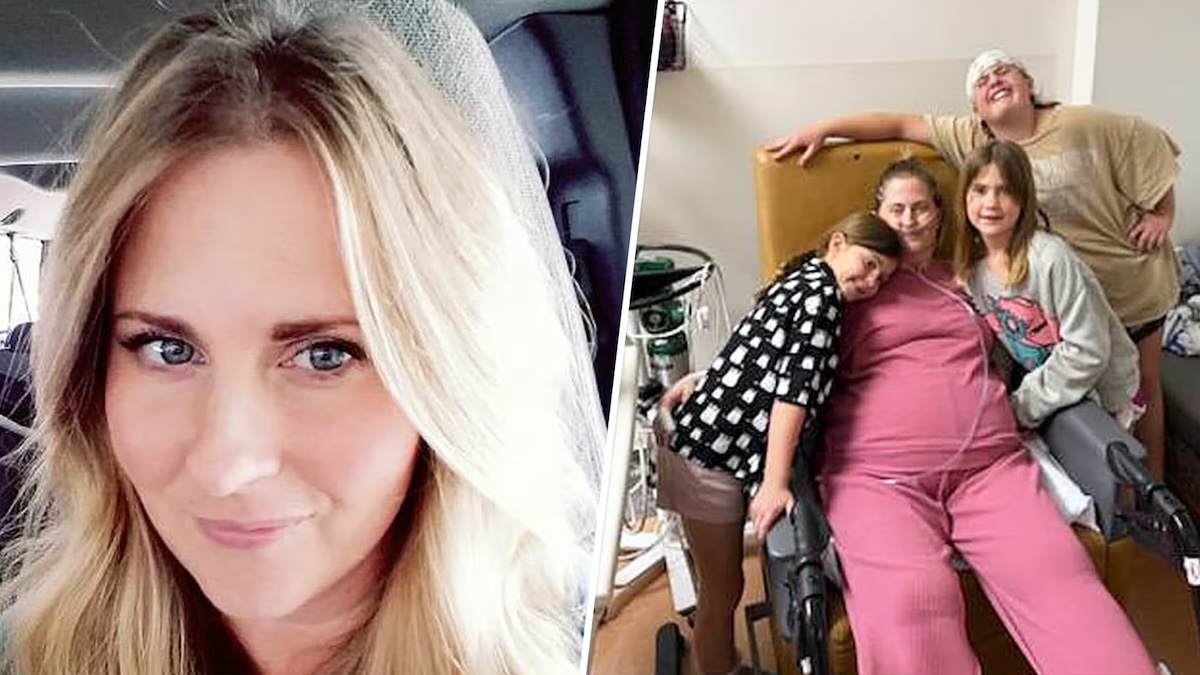9/11 Health Crisis: Program Cuts Jeopardize Care
9/11 Health Program: Future in Jeopardy After Staffing Cuts?
Introduction: A Legacy of Loss, A Promise in Peril
More than two decades have passed since the tragic events of 9/11, a day forever etched in our collective memory. But for many, the nightmare continues, manifesting in the form of debilitating illnesses linked to the toxic environment at Ground Zero. The World Trade Center Health Program (WTCHP), a lifeline for these individuals, now faces an uncertain future due to recent federal staffing cuts. Imagine a firefighter, battling cancer after tirelessly searching for survivors, now worrying about access to the very healthcare that’s keeping him alive. This is the reality for thousands.
The World Trade Center Health Program: A Beacon of Hope
Since its inception in 2011, the WTCHP has been a crucial resource for those exposed to the hazardous dust and debris that blanketed lower Manhattan after the collapse of the Twin Towers. It provides medical monitoring, treatment, and support for a wide range of 9/11-related conditions.
Who Benefits from the Program?
The program serves a diverse population, including:
- First responders: Firefighters, police officers, EMTs, and other emergency personnel who risked their lives at Ground Zero.
- Residents: Individuals who lived, worked, or attended school in the affected area.
- Volunteers: People who selflessly dedicated their time and energy to the recovery efforts.
The Scope of the Problem: Illnesses on the Rise
Despite the passage of time, the number of individuals diagnosed with 9/11-related illnesses continues to grow. As of December, the program enrolled roughly 132,000 people, with a staggering 64% experiencing at least one condition linked to the attacks. This isn’t just a statistic; it represents real people battling serious health challenges.
Cancer: The Most Common Affliction
Cancer is the most prevalent health issue among WTCHP members, affecting over 40,000 individuals. The types of cancer linked to 9/11 exposure are varied and often aggressive, including lung cancer, leukemia, and lymphoma. This highlights the insidious nature of the toxic dust and the long-term health consequences for those exposed.
Beyond Cancer: A Spectrum of Illnesses
The WTCHP covers a wide range of conditions beyond cancer, including:
- Asthma and other respiratory illnesses: The dust and fumes caused significant damage to the respiratory systems of many individuals.
- Post-traumatic stress disorder (PTSD): The traumatic events of 9/11 left deep psychological scars, leading to widespread PTSD among responders and survivors.
- Mental health conditions: Anxiety, depression, and other mental health issues are also common among those affected.
- Digestive disorders: Exposure to toxins can disrupt the digestive system, leading to chronic problems.
Prevention and Early Detection: The Importance of Screenings
The WTCHP plays a vital role in both treating existing illnesses and preventing future ones. Many members join the program to receive annual screenings, which can detect illnesses in their early stages, when treatment is often most effective. These screenings are a proactive measure that can save lives.
Staffing Cuts: A Crippling Blow
The recent federal staffing cuts pose a significant threat to the WTCHP's ability to provide essential services. According to lawyers and advocates, the Trump administration's actions have created uncertainty and disruption within the program.
The Impact on Services
These cuts could lead to:
- Delays in processing claims and providing treatment.
- Reduced access to medical monitoring and screenings.
- Increased administrative burdens for members.
- A decline in the quality of care.
The Political Landscape: A History of Uncertainty
The WTCHP's fate has often been subject to political maneuvering, with funding and staffing levels fluctuating depending on the priorities of different administrations. This instability creates anxiety and uncertainty for the thousands of people who rely on the program.
Advocacy and Action: Fighting for the Program's Survival
Lawyers, advocates, and community organizations are actively working to protect the WTCHP and ensure its long-term survival. They are lobbying Congress to provide adequate funding and advocating for policies that support the health and well-being of 9/11 responders and survivors. Their voices are crucial in ensuring that the program continues to serve its intended purpose.
The Human Cost: Stories of Resilience and Sacrifice
Behind the statistics are real people with compelling stories of resilience and sacrifice. These are the firefighters who ran into burning buildings, the police officers who searched for survivors, and the residents who lost their homes and their health. Their stories deserve to be heard, and their needs deserve to be met.
The Long-Term Impact: A Generation Affected
The health consequences of 9/11 will likely be felt for generations to come. Children who were exposed to the toxic dust may face increased risks of developing illnesses later in life. The WTCHP must be prepared to address these long-term health challenges.
Funding the Future: Ensuring the Program's Sustainability
Adequate and consistent funding is essential to the WTCHP's sustainability. Congress must prioritize the program and ensure that it has the resources necessary to meet the growing needs of its members. This isn't just a matter of financial responsibility; it's a moral imperative.
The Role of Technology: Streamlining Services and Improving Access
Technology can play a significant role in improving the efficiency and accessibility of the WTCHP. Online portals, telehealth services, and mobile apps can help members manage their healthcare, access information, and connect with providers. Embracing technology can make the program more user-friendly and effective.
The Importance of Mental Health Support: Healing Invisible Wounds
The mental health consequences of 9/11 are often overlooked, but they are just as devastating as the physical illnesses. The WTCHP must continue to provide robust mental health services to help members cope with trauma, anxiety, and depression. These invisible wounds require just as much attention and care.
Conclusion: A Commitment to Remember, A Promise to Keep
The future of the World Trade Center Health Program hangs in the balance. The recent staffing cuts underscore the need for continued vigilance and advocacy. We owe it to the brave men and women who risked their lives on 9/11, and to all those who have suffered as a result of the attacks, to ensure that the WTCHP remains a strong and effective resource for years to come. Let us not forget their sacrifice, and let us not abandon our commitment to their health and well-being. The program is more than just a government initiative; it's a symbol of our nation's promise to care for those who need it most.
Frequently Asked Questions
- What specific health conditions are covered by the World Trade Center Health Program? The program covers a wide range of conditions including various cancers (lung, leukemia, lymphoma, etc.), respiratory illnesses (asthma, sinusitis), mental health conditions (PTSD, anxiety, depression), and digestive disorders (GERD, esophagitis). The complete list is available on the program's website.
- Who is eligible to enroll in the World Trade Center Health Program? Eligibility generally includes first responders, residents, workers, and students who were present in the New York City disaster area or at the Pentagon and Shanksville, PA, sites during the 9/11 attacks and the immediate aftermath. Specific criteria apply and vary depending on the category of applicant.
- How do I apply for the World Trade Center Health Program? You can apply online through the program's website, or by contacting them directly for a paper application. The application process requires documentation to verify your presence at the affected sites and any related medical information.
- What happens if the World Trade Center Health Program loses funding or faces further staffing cuts? Reduced funding and staffing could lead to delays in treatment, reduced access to screenings, increased administrative burdens, and potentially a decline in the quality of care. This would significantly impact the health and well-being of those who rely on the program.
- Are there any support groups or resources available for people with 9/11-related illnesses outside of the World Trade Center Health Program? Yes, many non-profit organizations and community groups offer support services, advocacy, and resources for individuals affected by 9/11. These organizations can provide emotional support, legal assistance, and information about available benefits and programs.




